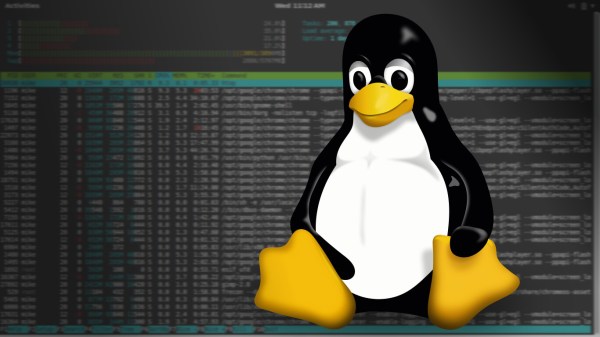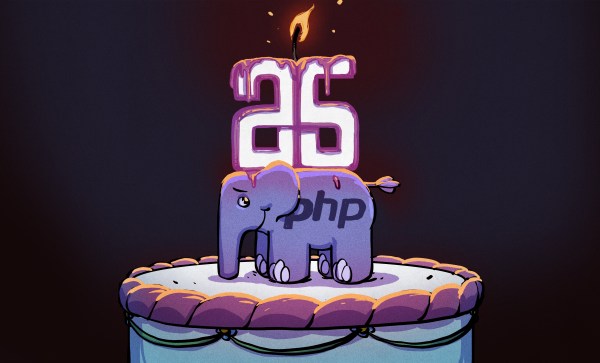The Portal games were revolutionary not only for their puzzle-based, narrative-driven gameplay, but also for their unique physics engine, which let players open portals anywhere and conserve momentum and direction through them. They’re widely regarded as some of the best video games ever made, but even beyond that they have some extra features that aren’t talked about as much. Namely, there are a number of level editors and mods that allow the in-game components to be used to build things like logic gates and computers, and this project goes even further by building a working NES emulator, all within Portal 2.
The main limitation here is that Portal 2 can only support a certain number of in-game objects without crashing, far lower than what would be needed to directly emulate NES hardware. The creator of the project, [PortalRunner], instead turned to Squirrel, the Portal 2 scripting language, and set about porting an existing NES emulator called smolnes to this scripting language. This is easier said than done, as everything in the code needs to be converted eight bits and then all of the pointers in smolnes need to be converted to use arrays, since Squirrel doesn’t support pointers at all. As can be easily imagined, this led to a number of bugs that needed to be sorted out before the game would run at all.
For those interested in code golfing, porting, or cross-compatibility, this project is a master class not only in the intricacies of the Portal 2 scripting language but in the way the NES behaves as well, not to mention the coding skill needed to recognize unique behaviors of the C language and the Squirrel scripting language. But eventually [PortalRunner] is able to get Super Mario Bros. running in Portal 2, albeit with low resolution and frame rate. Since we heard you like games within games, someone else put DOOM inside DOOM so you can DOOM while you DOOM.

















